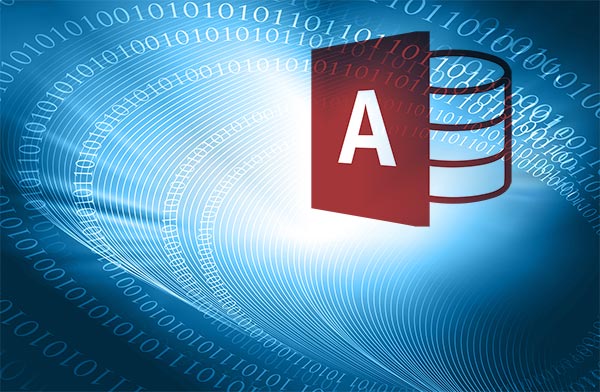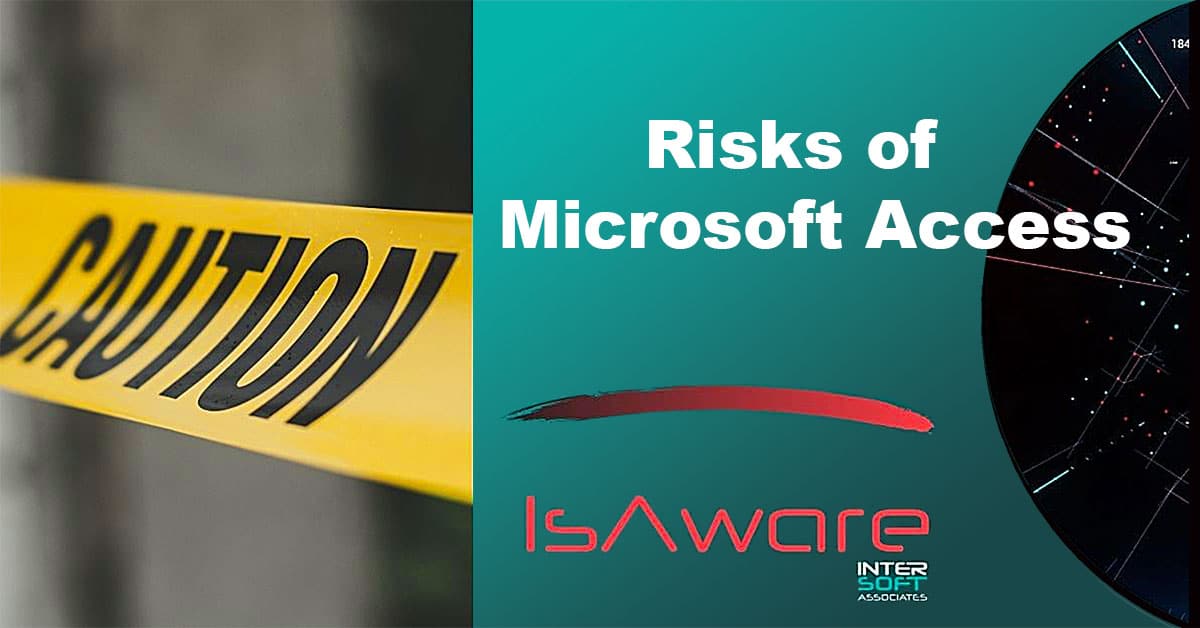Microsoft Access debuted in 1992 as part of the Microsoft Office suite of office productivity software. It is a database management system (DBMS) that combines the relational Microsoft Jet Database Engine with a graphical user interface and software-development tools. As a member of the Microsoft Office suite of applications, it is included in the Professional and higher editions of Microsoft Office suite or sold separately. In the marketplace of desktop database development tools, Microsoft Access has been rated #1 for many years.
The popularity of Microsoft Access is evident. You’d be surprised how many companies still rely on Access for data storage and their strategic applications. Yet, it has enough shortcomings for large and growing businesses and organizations to prompt them to consider and investigate alternatives.
If your business is still using Microsoft Access ……
- Are your employees frustrated that they can only use MS Access on your local network and not over the internet? With more people alternating between working at home and at the office, as well as traveling, this is a highly significant limitation.
- Are you frustrated with MS Access that was designed primarily for use by a single user, when now your business needs to have multiple team members access an application at the same instance on a global network, but they can’t?
- Has your company experienced severe performance issues when multiple people try to simultaneously access it through your local network?
- Are you frustrated that Access has a maximum limit of 2GB for data saved in one file? This will greatly reduce the benefits that you can get from current strategic necessities, like Big Data and Business Intelligence.
- Are you concerned that as your business grows MS Access is not ideal for handling large databases with tens of thousands of rows and attached information like images or files?
- Are you frustrated that Access is not available for any MacOS or other operating systems such as Linux, and Android?
- Are you confident that your business is protected? Some security is built into MS Access, but it is necessary to write additional programs for more flexible multi-user, multilevel security. This is due to the fact that the database may be on a single computer or network which is shared by different people and therefore data can potentially be copied by anyone who uses the system.
- Have you found that MS Access is no longer way ahead of its time and now seems inconvenient compared to no-code and other application tools?
- Have you observed that as the demand for Access programming language skills lessons, fewer capable programmers are bothering to learn the system.
- Did you panic in 2017 when Microsoft announced it intended to retire Microsoft Access from its online productivity suite? And then were relieved and maybe a bit skeptical when Microsoft quietly changed its mind.
- Do you wonder how long Microsoft will continue with new updates and new features depending upon which MS Access version your company has?
- Do you find with more and more applications being web based, MS Access has become cumbersome and limiting since its forms and reports are only functional in a Windows environment?
- Are you concerned about the decline in usability of this database management system?
Well, you are not alone. InterSoft can guide you through the process to determine the best Microsoft Access replacement for your business needs.

The decision for migrating from Microsoft Access is often the result of the issues and risks that companies find they need to address such as:
- Needing a web compatible database management system.
- Access is not available over the internet. MS Access is an isolated piece of software with nothing other than local internet connectivity.
- MS Access is not mobile.
- MS Access is not GDPR compliant. It can’t assess personal data safely by removing identifying particulars or details nor process personal data in such a manner that the data can no longer be attributed to a specific person without the use of additional information.
- Access is not as robust as other database platforms.
- Microsoft Access has its own file format, and is not compatible with any other system.
- Security is not as vigorous as needed. Access to Access FE / BE mechanism can’t be changed without wrecking all legacy systems. The accdb, as a data store, can be copied by anyone who uses the system.
- A security flaw is that it cannot safely authenticate people or organizations outside the company.
- MS Access is a desktop application and is therefore limited in terms of scalability and collaboration.
- Access is not as widely supported as other database platforms such as SQL Server, MySQL or Oracle.
- Microsoft Access can be difficult to use for complex queries as a business grows.
- Need to use other tools, such as SQL Server, to get the information the business requires.
- Access can be slow with more than a small number of concurrent users.
- Microsoft Access slows down when trying to run large reports or export large amounts of data from or to other software applications.
- Finding it challenging when it comes to designing custom forms and reports when using 3rd party plug-ins that aren’t compatible.
- Finding it harder to hire experienced IT personnel who understand the system as the demand for MS Access lessons.
- Need to spend additional resources on constantly maintaining the software.
- MS Access is simply not able to meet my business demands.
Although there are robust alternatives to Microsoft Access, it is important to ensure that your business / organization is implementing the right one that will address the needs MS Access fills along with any problems associated with it that you are trying to solve. The professionals at InterSoft Associates have the knowledge and experience to help you make the right decision and implement the best approach. We can demonstrate how to migrate to a future-proof concept, leaving MS Access limitations behind while seizing upon the new technology opportunities that are now available to benefit you and your business.
Call us now at (516) 374-8898 to set up a free consultation on how you can successfully upgrade from Microsoft Access.






